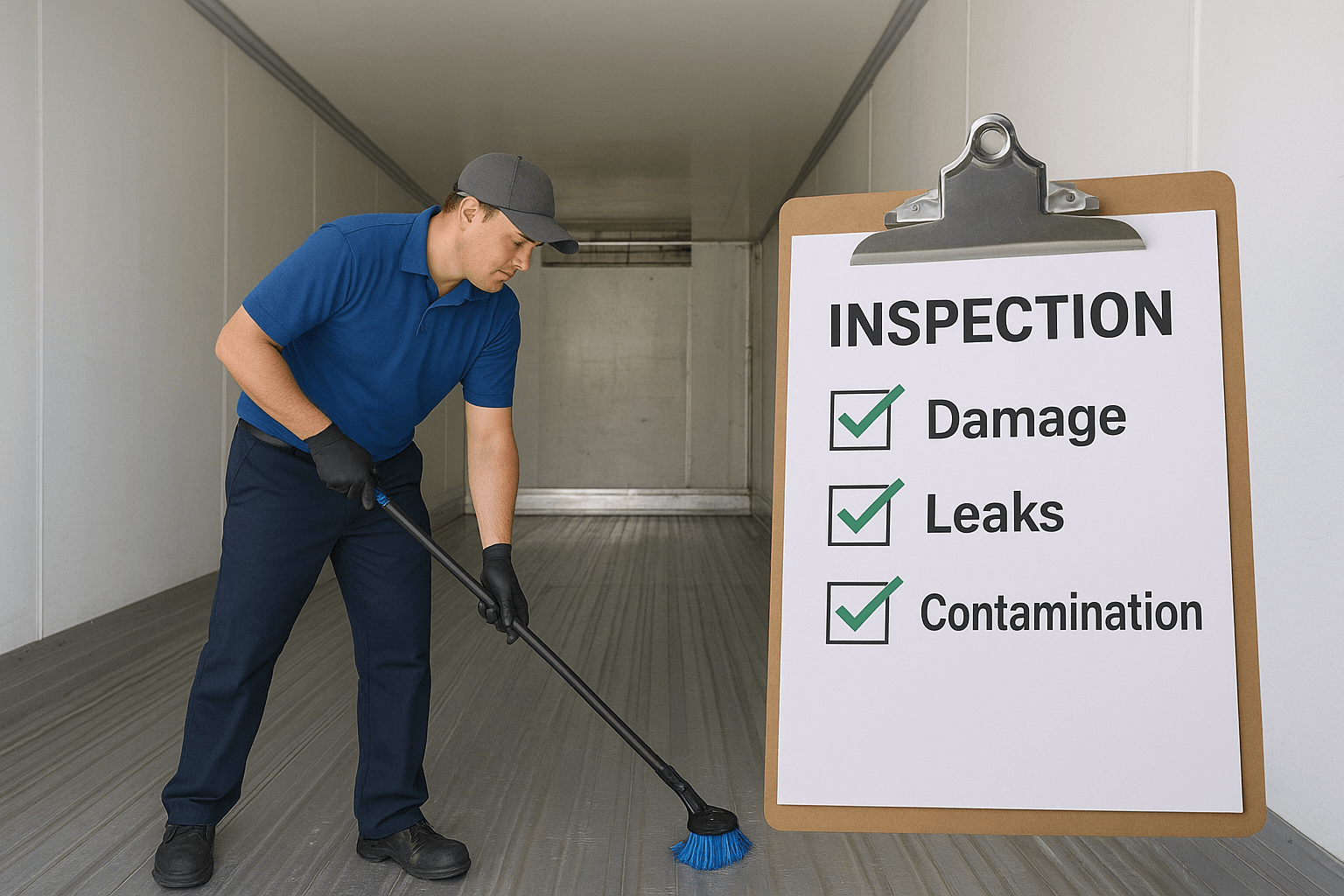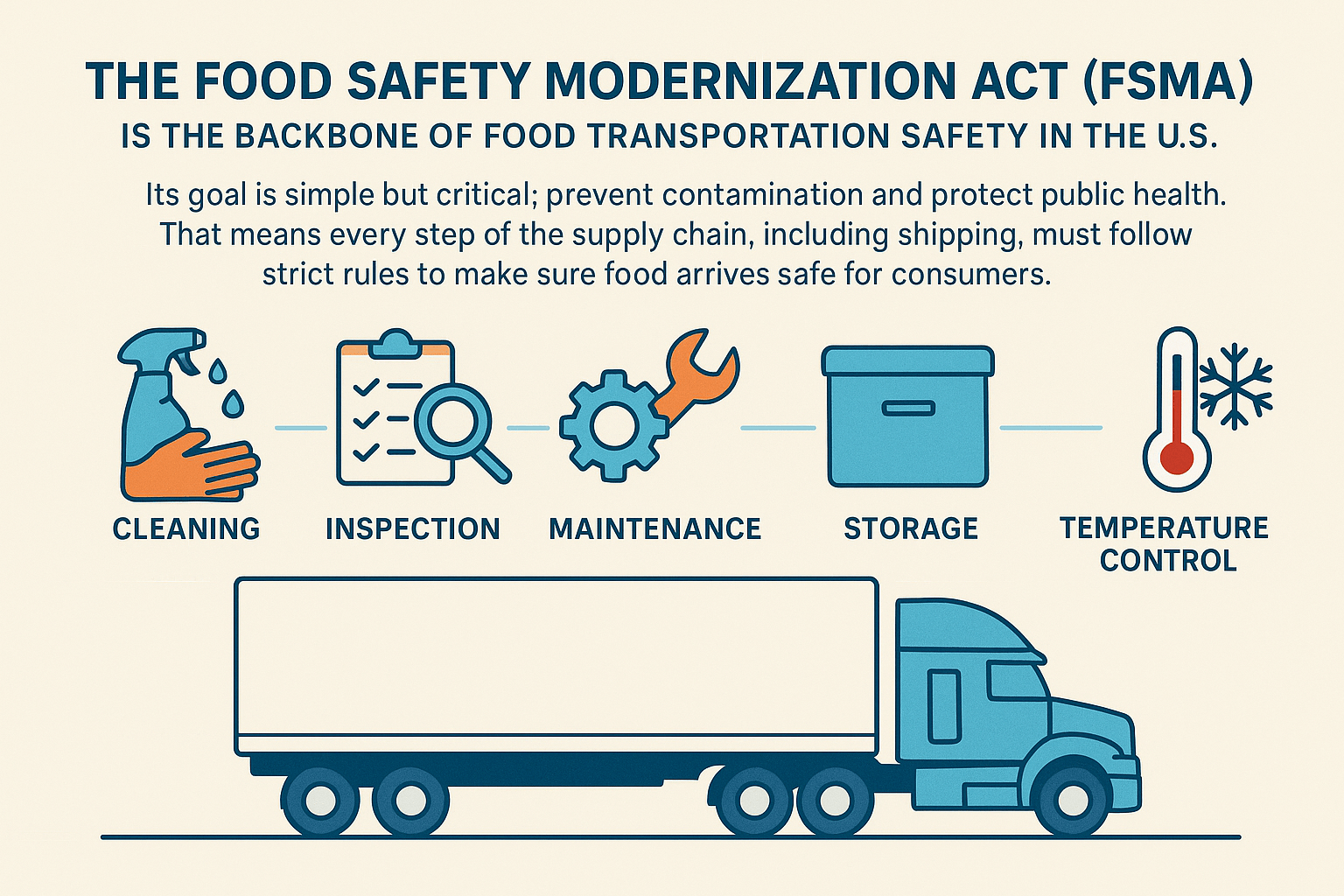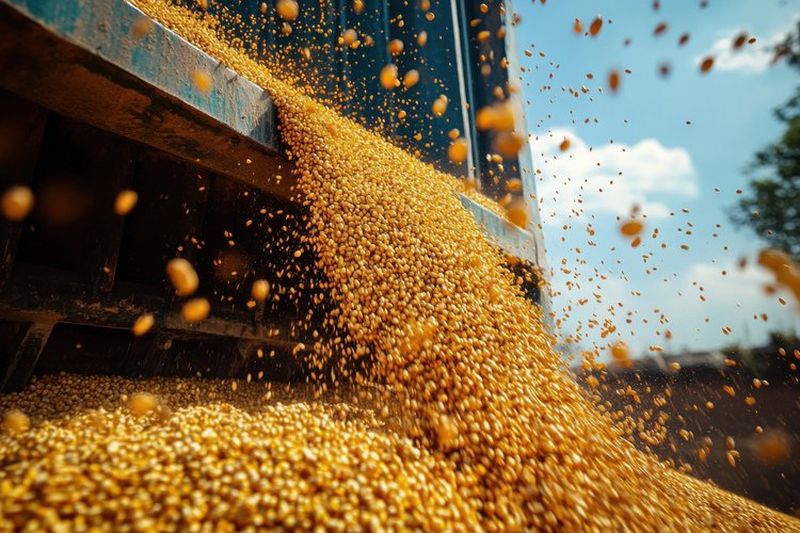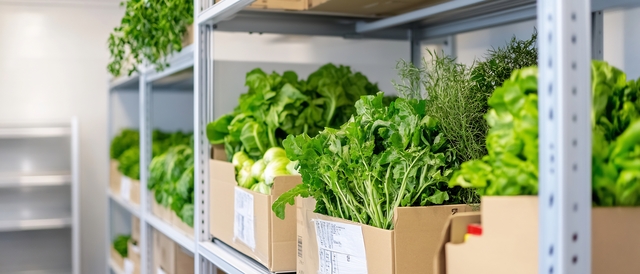If you’re shipping food, safety isn’t optional—it’s the law. Using a food-grade dry van ensures your products stay clean, uncontaminated, and compliant with FDA rules. In this guide, you’ll learn what makes a trailer food-grade, the standards it must meet, and what responsibilities both carriers and shippers have. This quick overview will help you avoid risks, protect your cargo, and keep your business reputation strong.
Table of Content:
- What is a Food-Grade Dry Van?
- What Standards Must Food-Grade Dry Vans Meet?
- Why is Temperature Control Important?
- How Do Carriers Keep Dry Vans Food-Grade Ready?
- What Are Shippers’ Responsibilities?
- How Does the Food Safety Modernization Act (FSMA) Affect You?
What is a Food-Grade Dry Van?
A food-grade dry van is a type of trailer specifically approved for transporting food and beverages. Unlike a regular dry van, which can carry almost any type of cargo, a food-grade van must meet the strict rules set by the FDA’s Food Safety Modernization Act (FSMA). These rules make sure the trailer is kept in clean, sanitary condition and does not pose a risk of contaminating the products inside.
The difference may seem small, but it’s critical. A standard dry van might have previously carried chemicals, trash, or machinery parts—things that leave behind residues or odors. A food-grade van, on the other hand, is reserved for safe and clean loads only, with regular inspections and cleaning routines.
What Standards Must Food-Grade Dry Vans Meet?
Food-grade dry vans must follow strict rules to make sure food is safe during transport. These requirements come from the FDA and the Food Safety Modernization Act (FSMA), which place responsibility on both carriers and shippers. Here are the key standards:
- Cleanable and safe for use – The trailer must be built in a way that makes it easy to clean and sanitize. Walls, floors, and doors can’t have cracks where dirt or bacteria could hide.
- Sanitary condition at all times – Before and after each load, the van must be inspected and cleaned so no leftover dust, spills, or odors contaminate the next shipment.
- Proper storage to prevent pests or contamination – When a van isn’t in use, it must be stored safely, away from rodents, insects, or exposure to harsh weather that could affect the interior.
- Temperature control for perishables – While most dry vans carry shelf-stable goods, some food products still need controlled temperatures. If required, the van must be equipped and monitored to maintain the right conditions.
These standards protect consumers by ensuring the food they buy is safe to eat and free from harmful contamination. At the same time, they protect shippers—including budget-conscious businesses—by reducing the risk of rejected loads, fines, or damaged reputations. For example, sending a load of packaged snacks in a trailer that smells like gasoline could lead to the entire shipment being refused, costing far more than simply meeting food-grade requirements from the start.
Why is Temperature Control Important?
Not all foods can ride in a regular dry van. Items like dairy, frozen meat, fresh produce, or even certain beverages must travel in refrigerated trailers—known as reefers. These trailers are designed to keep cargo at a steady, cool temperature so the food arrives fresh and safe. Without this control, products can spoil, leading to huge financial losses and potential health risks.
But here’s the catch: once a reefer is used to carry hazardous materials—like chemicals or waste—it permanently loses its food-grade status. Even if it’s cleaned afterward, there’s no guarantee that residues or odors won’t affect the next shipment. That’s why reputable carriers, including YK Freight, dedicate certain trailers only to food-grade cargo.
How Do Carriers Keep Dry Vans Food-Grade Ready?
Keeping a dry van in food-grade condition is not a one-time job—it’s an ongoing process. Reputable carriers like YK Freight follow strict routines of cleaning, inspection, maintenance, and proper storage to ensure every trailer is safe for transporting food.
Cleaning is the first step. After each load, trailers are washed out thoroughly to remove any residue, dust, or odors that could affect the next shipment. This isn’t just a quick sweep—it often involves professional washouts with certificates of proof, giving shippers confidence that the van is clean.
Inspections come next. Before a trailer is assigned to a new load, it’s carefully checked for damage, leaks, or signs of contamination. Even something small, like a hole in the wall or leftover packaging, can compromise food safety if left unnoticed.

Maintenance ensures that the trailer stays in top condition. Floors, walls, and seals are repaired as needed, and temperature-control equipment in reefers is regularly tested. Preventive maintenance avoids breakdowns or spoilage during transit.
Finally, proper storage matters. Food-grade dry vans can’t just be left anywhere. They must be stored in secure, pest-free areas where they won’t be exposed to contamination.
What Are Shippers’ Responsibilities?
While YK Freight provides food-grade trailers and keeps them in top condition, shippers also play a key role in ensuring safe transportation. The main responsibility is to clearly communicate specific requirements before the load is moved. The more detail you give, the less risk there is of problems during transit.
For example, you may need a trailer that has been pre-cooled to a certain temperature before loading. Or you might require proof of professional cleaning, with a certificate showing the trailer was sanitized. Some shippers also specify what must never be hauled before their cargo—like garbage, chemicals, or hazardous waste—since even a trace of residue could put food safety at risk.
It’s similar to buying a used vehicle. You wouldn’t hand over money without asking questions about its history, condition, or whether it’s been in an accident. The same logic applies here: by setting clear rules and expectations, you protect your products, your customers, and your reputation.
How Does the Food Safety Modernization Act (FSMA) Affect You?
The Food Safety Modernization Act (FSMA) is the backbone of food transportation safety in the U.S. Its goal is simple but critical: prevent contamination and protect public health. That means every step of the supply chain, including shipping, must follow strict rules to make sure food arrives safe for consumers.

For shippers, FSMA compliance is not optional. If your products are transported in a trailer that doesn’t meet these standards, you’re not only risking spoilage or contamination—you’re also putting your business reputation on the line. A single mistake could mean lost revenue, rejected shipments, or worse, liability for unsafe goods reaching the market.
This is where YK Freight makes a difference. By using food-grade dry vans that meet FSMA standards, we help our customers stay compliant without added stress. Our systems for cleaning, inspection, and maintenance are designed to keep your cargo protected, giving you peace of mind that your products are in good hands.







ASK YOUR QUESTIONS